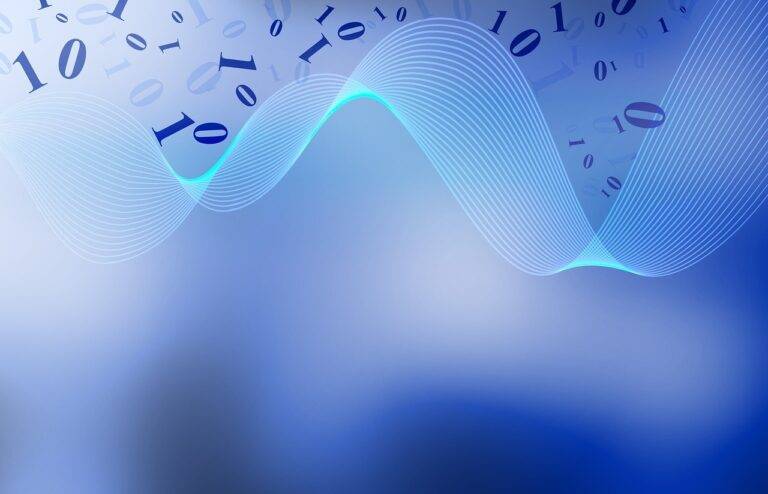The Evolution of Wearable Health Tech Devices
In the early days of wearable health tech devices, the concept of tracking personal health data through portable gadgets was a revolutionary idea. These initial devices were simplistic in design and functionality, predominantly focused on basic fitness tracking like step counting and heart rate monitoring. Despite their limitations, they laid the foundation for the future evolution of wearable technology in the healthcare industry.
Early adopters of wearable health tech devices were intrigued by the potential to gain insights into their daily activities and health metrics. These early devices sparked curiosity and excitement among users, paving the way for further developments in sensor technology and data analytics. As these wearables gained popularity, they began to integrate more advanced features to provide users with a comprehensive overview of their well-being, setting the stage for the transformative impact of wearable health tech devices in the years to come.
Incorporation of Sensors in Wearable Health Tech Devices
Sensors play a fundamental role in the functionality of wearable health tech devices. These sensors are integrated into the devices to collect various types of data such as heart rate, activity levels, temperature, and even sleep patterns. By continuously monitoring these metrics, users can gain valuable insights into their overall health status and make informed decisions to improve their well-being.
The incorporation of sensors in wearable health tech devices has revolutionized the way individuals track and manage their health. These sensors enable real-time monitoring, allowing users to receive instant feedback on their physical activities and vital signs. Additionally, the data collected by these sensors can be analyzed over time to identify trends, patterns, and potential health issues, empowering users to take proactive measures towards a healthier lifestyle.
• Wearable health tech devices utilize sensors to collect data such as heart rate, activity levels, temperature, and sleep patterns.
• Continuous monitoring of these metrics provides users with valuable insights into their overall health status.
• Real-time monitoring enabled by sensors allows users to receive instant feedback on their physical activities and vital signs.
• Data collected by sensors can be analyzed over time to identify trends, patterns, and potential health issues.
• The incorporation of sensors in wearable health tech devices empowers users to take proactive measures towards a healthier lifestyle.
Advancements in Biometric Tracking Features
Advancements in biometric tracking features have revolutionized the way individuals monitor their health and fitness levels. These cutting-edge technologies now enable users to track various metrics such as heart rate, sleep patterns, steps taken, and even stress levels in real-time. By providing detailed insights into one’s physical well-being, these biometric tracking features empower users to make informed decisions about their health and lifestyle.
Furthermore, the integration of biometric tracking features in wearable health tech devices has paved the way for personalized health monitoring. With the ability to collect and analyze data continuously, users can tailor their fitness routines and dietary habits to meet their specific health goals. This level of customization not only enhances the overall user experience but also promotes a proactive approach to managing one’s health and well-being.
What are some examples of early wearable health tech devices?
Early wearable health tech devices include pedometers, heart rate monitors, and sleep trackers.
How do sensors enhance wearable health tech devices?
Sensors in wearable health tech devices track and collect data on various biometric measurements such as heart rate, activity levels, and sleep patterns.
What are some recent advancements in biometric tracking features for wearable health tech devices?
Recent advancements in biometric tracking features include real-time monitoring of blood oxygen levels, advanced sleep tracking algorithms, and personalized health recommendations based on collected data.
How accurate are biometric tracking features in wearable health tech devices?
The accuracy of biometric tracking features in wearable health tech devices can vary depending on the quality of sensors and algorithms used. However, advancements in technology have greatly improved the accuracy of these features in recent years.





